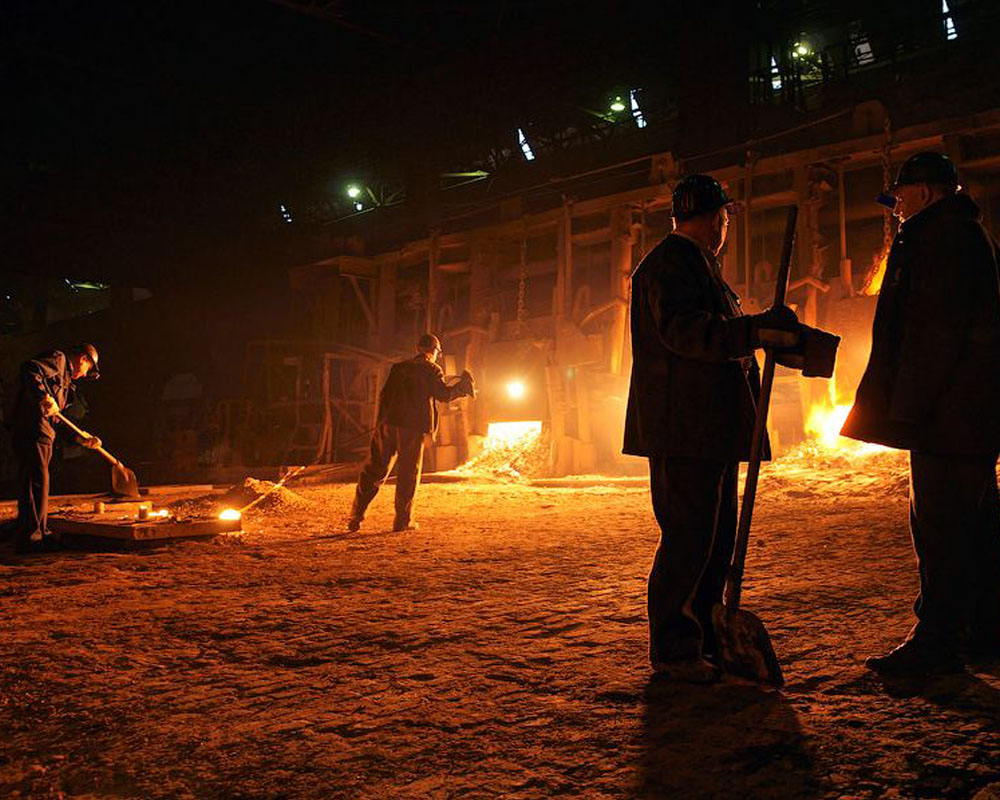Key steel producing Chinese provinces have announced guidelines for implementing output cuts for polluting industries, including steel, but most said details on implementation will be decided by individual cities.

Shandong, the third-largest steel producing province, said production restrictions will be enforced in seven cities of Jinan, Zibo, Jining, Dezhou, Liaocheng, Binzhou and Heze that include steel, foundries and coking industries. The period of production restrictions should ideally be 15 November-15 March but cities can opt for a shorter period of restrictions, although it should not be less than two months and include December and January. The extent of production restrictions will be based on local conditions, said a notice by the provincial government.
Shandong last year enforced a 50pc reduction in blast furnace output across the province over 15 November-15 March. Beijing has rejected the "one size fits all" approach to pollution controls this year, giving autonomy to cities and provinces to decide on environmental restrictions. Restrictions are expected to be softer as China seeks to boost economic output to counter negative effects of current US-China trade frictions.
Tianjin, a key steel producing city near Beijing, spelled out detailed guidelines on output cuts. Steel mills compliant with ultra-low emissions regulations will not have to cut output, mills classed as grade two in emissions intensity have to cut 15pc output, grade three mills have to cut 30pc of output and grade four mills have to reduce 40pc of output. The city, with a production capacity of around 20mn t/yr, also enforced a 50pc output cut in 2017. Tianjin, a major consumer of construction steel products, will not restrict building activity this winter, which will support north China's steel demand. The restrictions will be in force during 15 November-15 March.
China's Fenwei plains, spanning the provinces of Shanxi, Henan and Shaanxi, will see 11 cities implement production restrictions in the autumn-winter season according to local conditions. This could include steel, coking and foundries but did not give any details on the extent and period of restrictions.
China's two largest steel producing cities of Tangshan and Handan in Hebei province have already publicly disclosed production controls for each steel mill. Other cities in Hebei province, the country's largest steel producing province, have not made their production restrictions public. Jiangsu, the second-largest steel producing province, has asked cities to ensure several polluting industries including steel, reduce emissions by 30-50pc during November-March but left details to the cities.
The new announcements on output restrictions are expected to be bullish for steel and iron ore prices. Any reduction in steel output amid stable demand will keep prices supported through the year. For iron ore, restrictions on iron ore sintering will increase demand for high-grade and premium mainstream iron ore fines, along with lump and pellet, while demand and prices of low-grade and non-mainstream ores will be pressured.